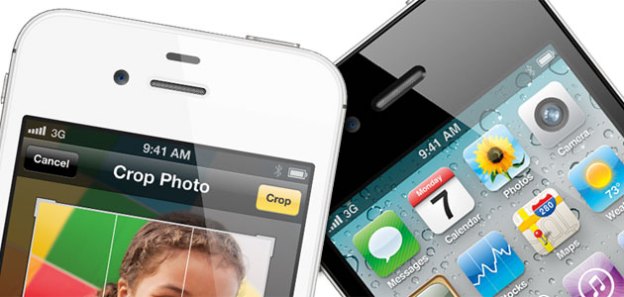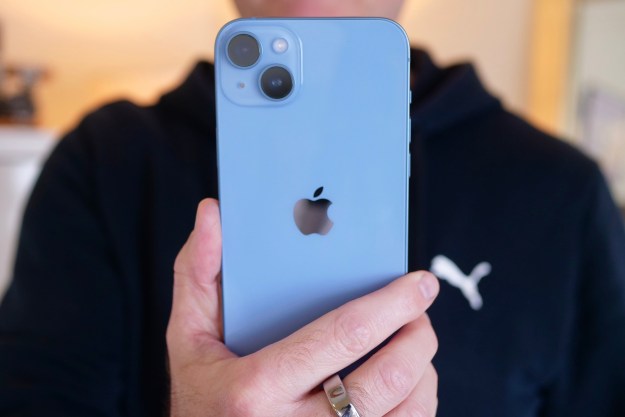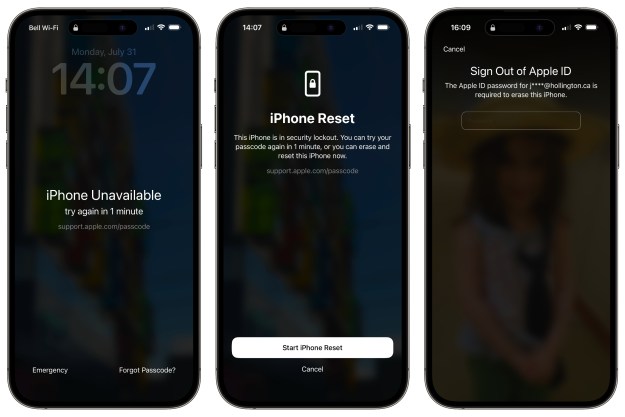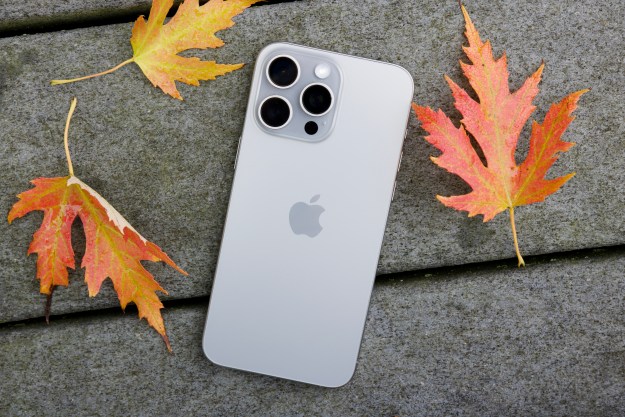 iPhone users experiencing battery issues with iOS 5 will be pleased to know that a fix is another step closer.
iPhone users experiencing battery issues with iOS 5 will be pleased to know that a fix is another step closer.
News came last week that Apple had seeded a beta version of iOS 5.0.1 to developers, and on Tuesday 9to5Mac reported that the Cupertino company appears to be making good progress, with iOS 5.0.1 being seeded to a number of end users for testing.
An email was sent from the AppleSeed program to a selection of iPhone users, inviting them to participate in the software seeding project. The users were chosen based on a referral from AppleCare, the email said.
Those who would like to take part in the project were informed that once they had loaded the pre-release test version of the iOS onto their phone, they would not be able to revert to iOS 5. Of course, once the final version of the iOS is released in the next week or so, they would be able to update their OS then.
Since the release of iOS 5 last month, some users have reported battery life problems with their phones. Last week Apple acknowledged the problem and set to work on resolving the issue.
End users who sign up to the pre-release test will also be able to try out other features of iOS 5.0.1, which include improvements to Siri, the voice-activated personal assistant app. A number of security improvements have been made as well.
9to5Mac also reported that Apple Store employees have been told not to replace phones with battery life problems, and instead to inform the user that they should wait for the fix.
It’s not clear precisely how many people are affected by the battery issue, but it’s one that Apple will be keen to clear up as soon as possible. Hopefully news of the pre-release testing means that a solution is just around the corner.
Editors' Recommendations
- An Apple insider just revealed how iOS 18’s AI features will work
- iPhone SE 4: news, rumored price, release date, and more
- Best iPhone 15 deals: How to get Apple’s latest iPhone for free
- Everything you need to know about the massive Apple App Store outage
- Everything Apple says is wrong about the DOJ’s iPhone lawsuit


